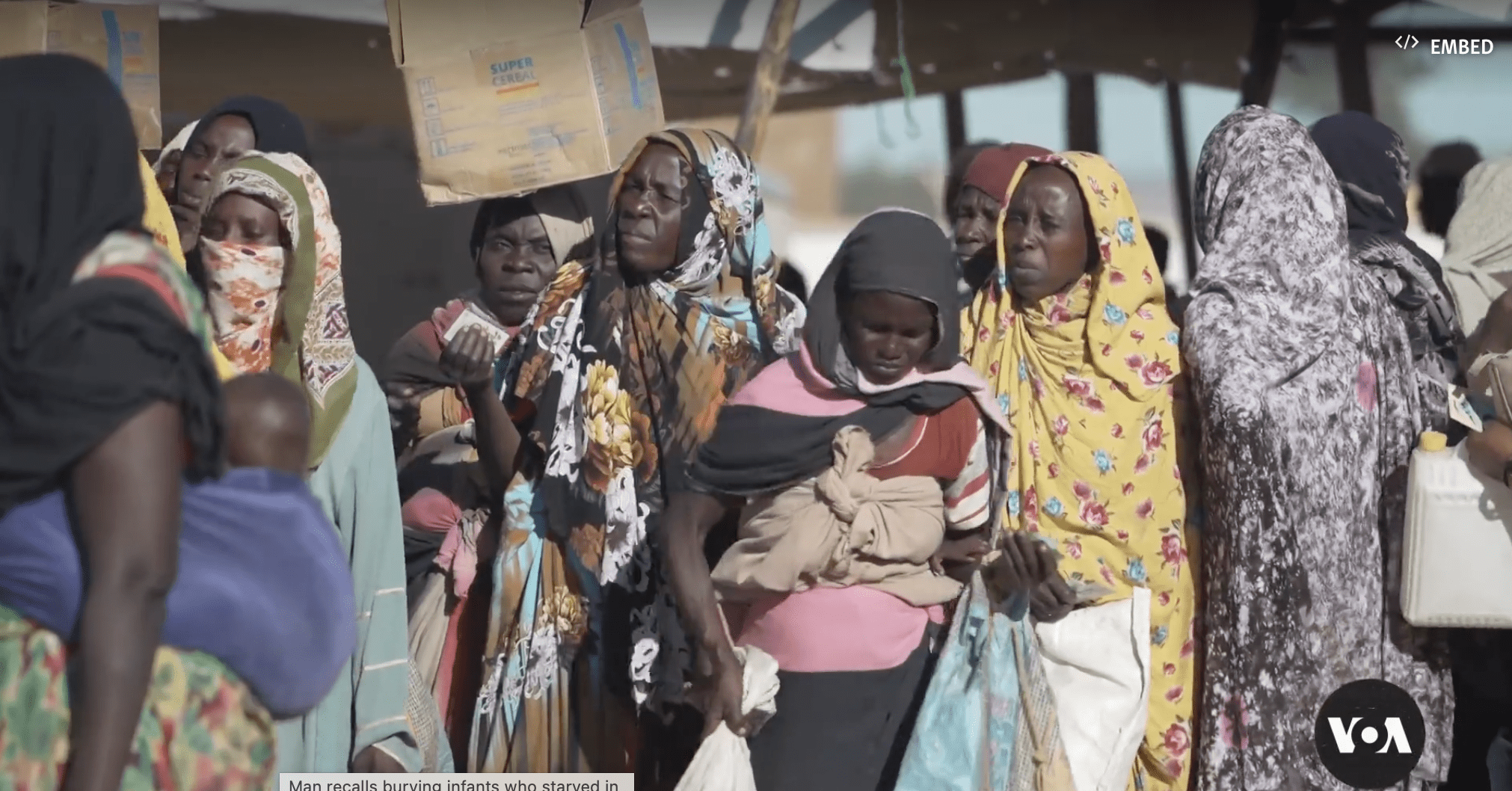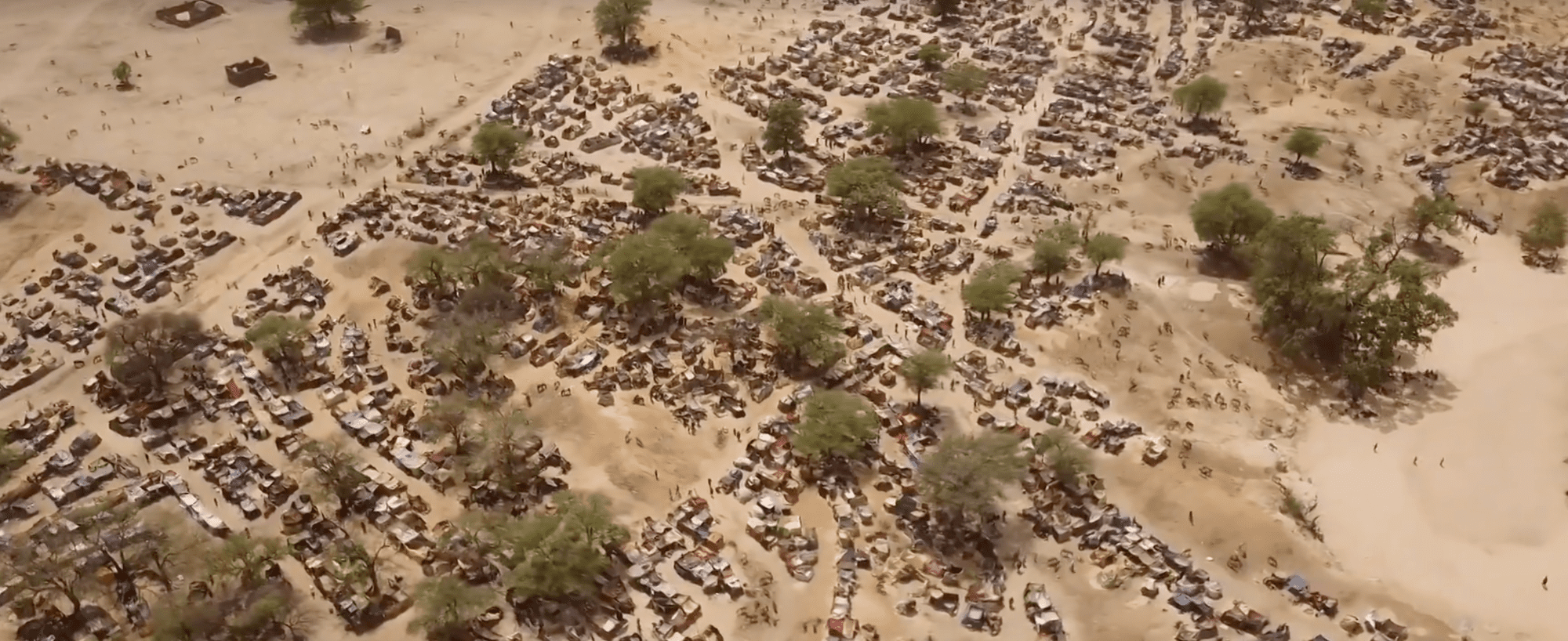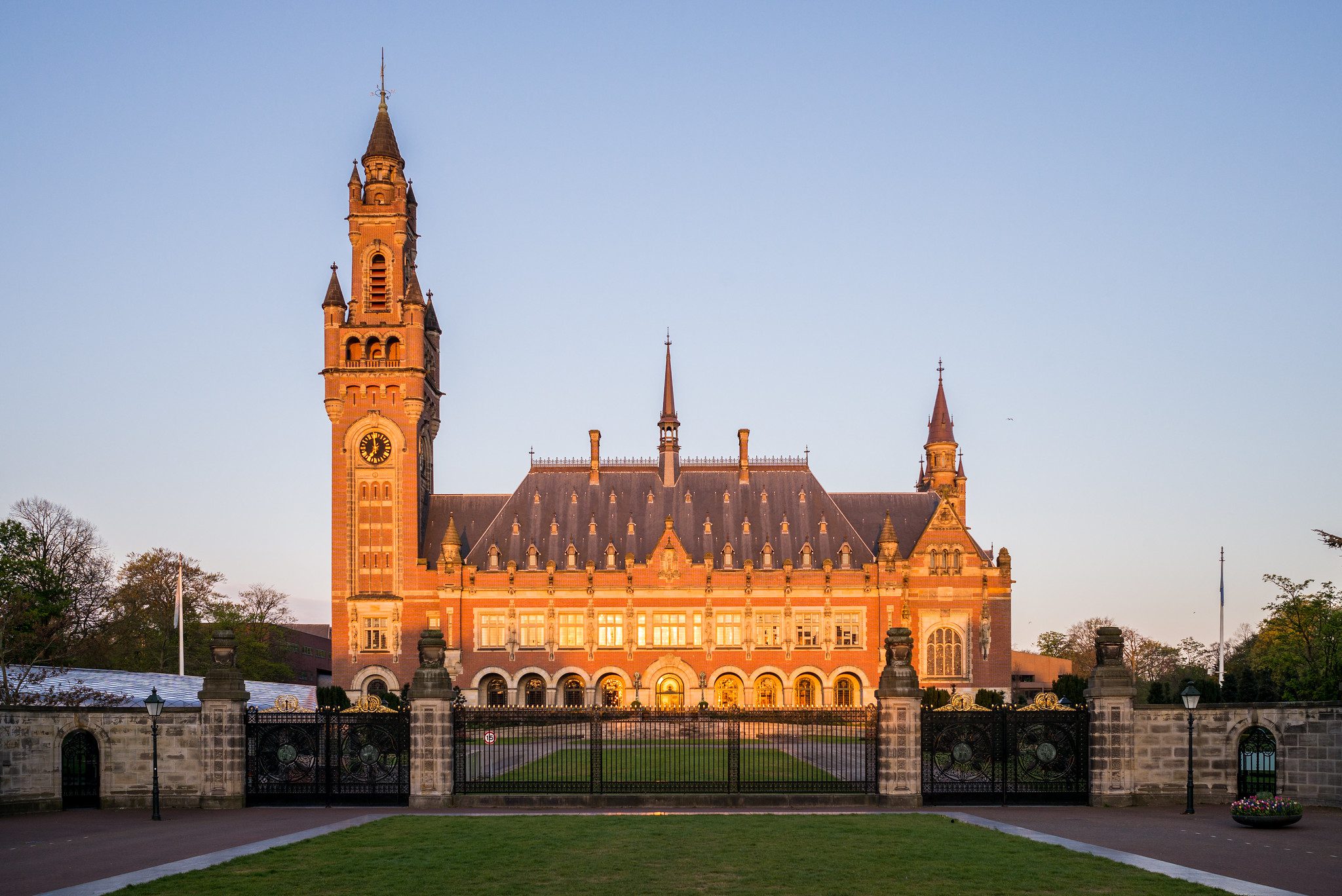Originally published by Foreign Policy on July 2, 2019.
Khartoum’s long-standing strategy of fighting Sudan’s civil wars by empowering tribal militias—such as the infamous Darfurian janjaweed—has finally come back to bite it in the form of Gen. Mohamed Hamdan Dagolo, known as Hemeti.
Hemeti is the commander of the country’s paramilitary Rapid Support Forces (RSF) and the deputy chairman of the Transitional Military Council, which has ruled Sudan since the ouster of President Omar al-Bashir in April. A poorly educated militiaman from a remote village—he and most of the commanders and fighters who surround him are Darfurian Arabs who first saw combat serving in the janjaweed—Hemeti has none of the normal credentials for a national leader. But he is the most powerful man in Sudan today, even more than Abdel Fattah al-Burhan, the general who actually leads the council.
In his few months in power, Hemeti and the RSF have already attracted criticism for a brutal June 3 crackdown on pro-democracy protesters—a vicious attack in which 128 nonviolent demonstrators died, either burned alive in their tents, shot at point-blank range, or raped, chased through the streets, and then killed. On Saturday, his forces also carried out a raid on a press conference being held by pro-democracy forces. The next day, June 30, they fired tear gas to disperse what were the largest mass protests ever held in Khartoum and in other cities across Sudan. The date was doubly symbolic as it marked the 30th anniversary of the coup in which Bashir seized power as well as the date given by the African Union for the military to hand over power to civilians. Ten protestors are reported to have died.
Hemeti, who blew past that deadline, is quickly emerging as Sudan’s new dictator, but even if he were removed from power, his style of politics cannot be so easily rooted out.
On April 11 this year, peaceful protesters from the Alliance for Freedom and Change brought down Bashir, who had been in power for almost 30 years. During the rallies, Bashir ordered his army generals to fire on the protesters, but they refused, not least because the young people in the streets around the military headquarters included some of their own children.
The chain of events followed the same script as two previous nonviolent revolutions in Sudan, in 1964 and 1985, when power passed from one dictator to a coalition of senior generals and civilian politicians. In those cases, the coalition was drawn from the country’s social and ethnic elite—the “sons of the Nile” from Khartoum and nearby towns.
In this case, the Transitional Military Council is the group that seized power, and since April it has been negotiating with the Alliance for Freedom and Change over the formalities of a civilian government to replace Bashir. Three times, the council and the alliance have come close to agreement, and each time the council has found a pretext to suspend the talks. On Friday, the council agreed to a power-sharing formula proposed by an Ethiopian mediator—but few believe that it did so in good faith.
The Transitional Military Council is a cabal of generals, but the man who wields real power is Hemeti, a 45-year-old camel herder-turned-militia commander from Sudan’s farthest periphery in Darfur. His ascent was the logical culmination of the last 40 years of Sudanese politics.
Through all the twists and turns of Sudanese politics—swings between military and civilian regimes in the 1980s and the different flavors of the Bashir regime since 1989—three political truths have been consistent.
The first is that the armed forces subcontract their wars. The regular army’s officer corps is drawn from Sudan’s social elite. Rather than sending its own units to fight perilous and intractable counterinsurgencies hundreds of miles from home, it has preferred to arm tribal militias to do the dirty work. While the army command focused on procuring expensive battle tanks and aircraft, and on building a vast citadel in Khartoum—the same compound that was besieged by nonviolent protesters in April—the tribal militias have been responsible for massacres, enslavement, massive sexual violence and exploitation, forced displacement, and starvation.
The militias have also grown as powerful as their sponsors. For example, Sudan lost control of its southern provinces in 2005, when the militias it had armed to keep control of the area defected to join the Sudan People’s Liberation Army, the secessionist force that eventually formed the official army of the new nation of South Sudan a few years later. The leaders of South Sudan had offered to pay them more and given them a bigger share of oil revenue.
Further, the janjaweed, armed to subdue the restive Darfur region, moved from terrorizing local civilians to menacing the government. A few years after the 2003 to 2005 massacres of civilians, some janjaweed commanders mutinied, arguing that they had been exploited—made to fight without pay and then blamed for atrocities ordered by Khartoum. Hemeti was one of those commanders. He negotiated an alliance with the Darfur rebels, and, faced with the imminent total loss of control in the region, Bashir offered him a deal to return to the fold. He’d be a major general in a paramilitary force, he’d get a nice cash payout, and his soldiers would be paid salary arrears.
As Hemeti proved his military acumen, Bashir promoted him up the ranks and formalized his fighters as the RSF. As an all-purpose combat brigade, the force was then deployed across Sudan. Its services were also rented out to Saudi Arabia and the United Arab Emirates in Yemen, where they’re the largest combat group on the ground. According to some reports, an RSF brigade is due to join Gen. Khalifa Haftar in Libya. Ultimately, Hemeti’s forces became more capable than the regular army.
The second enduring truth of politics in Sudan is that political allegiance is for sale to the highest bidder. As early as the 1970s, corruption became a preferred tool for rulers to secure acquiescence. Regardless of ideology, the politicians who thrived were those most skilled at using material incentives to build a power base. In the 1970s and 1980s, the Muslim Brotherhood established a strong constituency through selective lending by Islamic banks; in the late 1990s, breaking the power of those banks was the main point of struggle between Bashir and the radical Islamists. In 2005, finding a formula to divide oil revenues between Khartoum and southern Sudanese rebels was critical to concluding the peace deal that brought an end to the war in southern Sudan.
Hemeti’s rise from provincial warlord to national power broker was possible because his militia controlled Sudan’s most lucrative gold mines, at Jebel Amir in Darfur. When South Sudan seceded in 2011 and Sudan lost its oil, gold became critically important. And with that switch came a change in who controlled the country’s wealth. Money from oil sales went straight to government coffers. But as soon as Dubai started accepting Sudanese gold, a local strongman in control of a mine could clandestinely fly it straight there. To get a share of the wealth, Bashir’s regime had to cut deals with those strongmen—especially Hemeti.
Hemeti, for his part, used his money to build up political power. Since April, he has been using his cash to broker deals with key political actors. When the police hadn’t been paid for three months, it was Hemeti who personally handed over the necessary funds to the commissioner of police. Looking to secure a power base among tribal chiefs, Hemeti also convened a conference in which each was rewarded with a car—with the quality of the model corresponding to chiefly rank.
Sudan’s third political truth is that politics has exclusively served the Khartoum elite. The capital city is a middle-income enclave among some of the poorest places on earth. Almost all infrastructure, education, public services, and wealth are concentrated in Khartoum and towns within an hour’s drive. This territory even has a name: the “Hamdi Triangle,” named after Abdel Rahim Hamdi, minister of finance in the 1990s, who argued that investment should be concentrated on this “country within a country” to reward the elite. In turn, gross inequality has been the underlying driver of repeated rebellions—in southern Sudan, Darfur, the Nuba Mountains of South Kordofan, the Blue Nile, and eastern Sudan, which form a vast horseshoe around the privileged core.
This third fact has now been turned on its head. Power was seized by a man from Sudan’s wild west, a skilled and ruthless practitioner of paramilitarism for rent.That’s why Hemeti’s power grab terrifies not only the civilian protesters, who hail overwhelmingly from the Khartoum middle classes, but also the army generals, who are drawn overwhelmingly from the same social class. That class also identifies as “Arab,” but they are a world away from the nomadic camel-herding tribe in which Hemeti grew up. Indeed, he shares more in common with various rebel groups.
In turn, while observers’ attention has been on the on-again-off-again negotiations between the Transitional Military Council and the Alliance for Freedom and Change, Hemeti has been discreetly contacting the rebels. Away from the spotlight, he might just cut the deal that has eluded international negotiators for so long.
The struggle in Khartoum today is not just between military rule and democracy, but over whether Sudan should be ruled by those from the historic center of power on the Nile River or by the people of the vast and underprivileged peripheries.
For now, Hemeti is using the tools he perfected in Darfur to good effect in Khartoum and with his patrons on the other side of the Red Sea. If he can do the same with Sudan’s provincial rebels, the April uprising may have ushered in a totally unexpected revolution in Sudan. People from the far peripheries will be in power for the first time. Unlike the South Sudanese, they’re not out for separation. But their power broker isn’t serving the Sudanese state—rather, he has captured the state to serve his free-floating military-business ambitions. This is both uncharted terrain for Sudan and frighteningly familiar as well.


